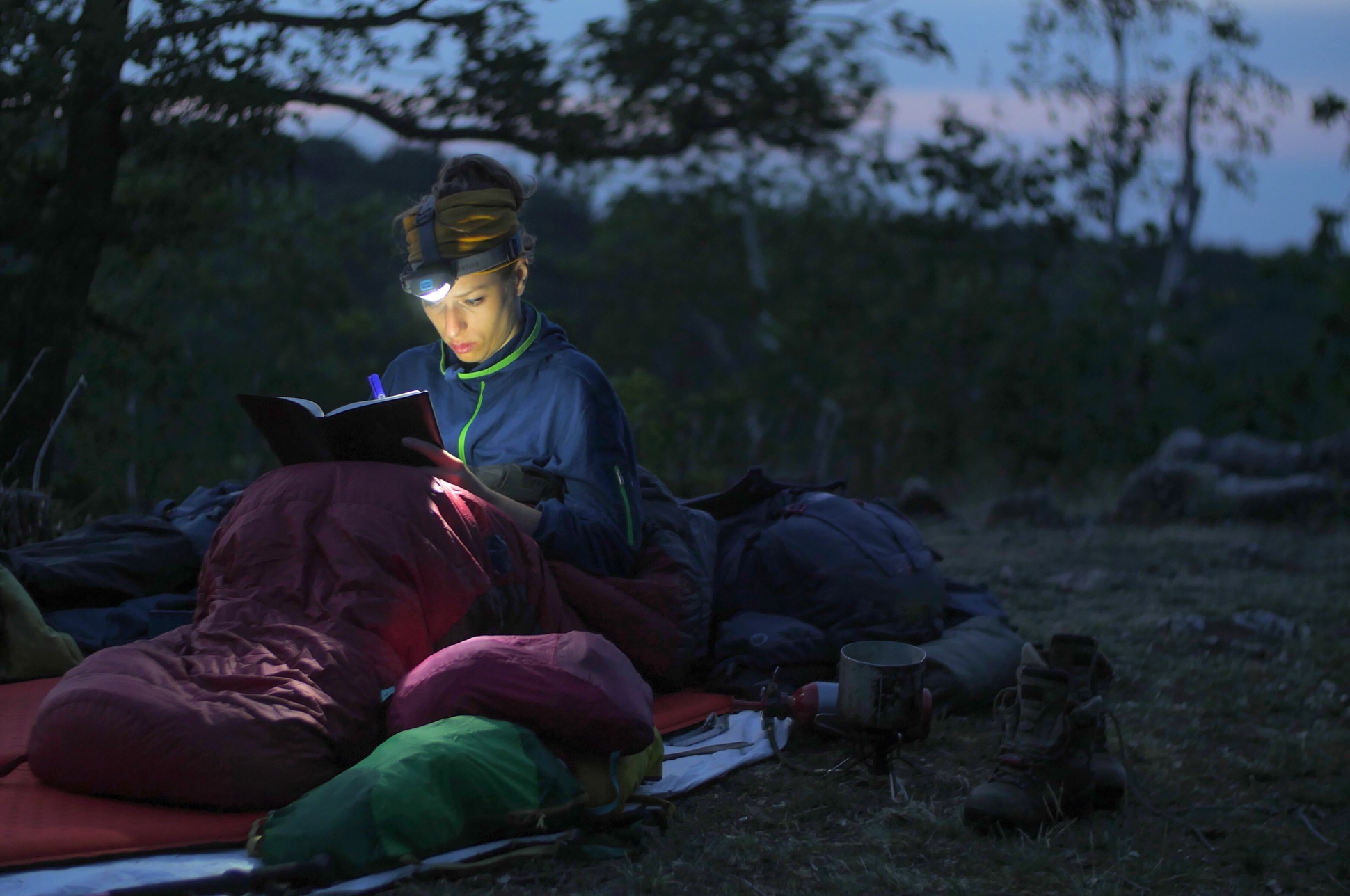What are the best practices for setting up and maintaining a camp kitchen in rainy UK conditions?

As experienced campers, you understand the importance of a well-organised camp kitchen, especially when camping in the unpredictable weather conditions of the United Kingdom. A well-set kitchen can be the difference between enjoying hot meals or going hungry and cold. But how do you set up and maintain a camp kitchen when the heavens open up, and it starts to rain heavily?
This article will provide you with key insights and best practices to tackle the challenges of setting up and maintaining a camp kitchen in rainy UK conditions. It will cover the essentials of selecting the right gear, camping safety, and how to keep your kitchen and cooking equipment dry.
Lire également : How can you participate in local eco-tourism activities while camping in the UK?
Choosing the right camping gear
As seasoned campers, you understand that the quality of your camping gear directly contributes to the overall camping experience. Choosing the best camping gear for rainy conditions is no different. While a waterproof tent is essential, it's not the only thing you need to consider.
Sleeping bags, camping mats and other camping gear also need to be suited for wet conditions. Consider investing in a waterproof bag to store your sleeping equipment and clothes. This will ensure they remain dry even when it's pouring outside.
En parallèle : How do you ensure respectful interactions with wildlife during camping trips in UK national reserves?
When it comes to tents, select a model with a vestibule or an extended porch. This will provide a space for cooking and storing gear out of the rain. It's also worth considering a tent with a well-designed ventilation system to prevent condensation build-up, which can also cause dampness.
Setting up your camp kitchen
Choosing the right spot to set up your camp kitchen is crucial in rainy conditions. You want to ensure your cooking area is safe, dry, and convenient.
When setting up your kitchen, position it a safe distance from your tent to prevent any accidental fires. Also, make sure it's not directly under trees, as these can attract lightning during a storm. Find an area that is naturally sheltered from the rain - under a rock overhang or a dense canopy of trees, for instance.
When it comes to cooking gear, opt for camp stoves over open fires. They are safer, easier to use, and work better in wet conditions. Remember to store your cooking fuel safely, well away from your cooking area and other flammable materials.
Cooking and food storage
Meal preparation and food storage can be a tricky affair when camping in the rain. However, with a little bit of planning and the right gear, you can still enjoy hot, delicious meals despite the weather.
First, plan your meals in advance. Opt for easy-to-prepare dishes that require minimal cooking. Consider pre-cooking meals at home and carrying them in vacuum-sealed bags. This will reduce the time you spend cooking in the rain.
For food storage, invest in waterproof food containers. These will keep your food dry and safe from animals and insects. Place these containers in a cool, dry place away from sunlight and moisture.
Keeping your campsite clean and safe
Maintaining a clean and safe campsite is crucial, especially when it's raining. Rainwater can quickly turn your campsite into a muddy, slippery mess if you're not careful.
Start by ensuring proper drainage around your camping area. This will prevent water from pooling around your tent and kitchen area. Use a tarp or a canopy to cover your cooking area, and make sure it's angled so the rainwater runs off it and away from your campsite.
Safety is another vital aspect of camping in the rain. Keep all electrical devices and gear stored safely in waterproof bags or containers. Be mindful of slippery surfaces, and take extra care when moving around the campsite.
In summary, camping in the rainy UK conditions can be a challenging yet exciting adventure. With the right gear, a well-set camp kitchen, and proper safety measures, you can enjoy your camping trip, come rain or shine. Remember, the goal is not just to survive the rain, but to thrive and enjoy your camping experience despite the weather.
The Importance of Correct Tent Pegging and Backcountry Camping Tips
In an environment like the UK, where weather conditions can change rapidly, correct tent pegging is essential. Tent pegs are those small, often overlooked, pieces of camping gear that can make a huge difference in the stability of your shelter. They firmly anchor your tent to the ground, preventing it from being blown away or collapsed during a heavy downpour or gust of wind.
Choose sturdy, high-quality tent pegs designed for different ground types. For instance, V-shaped pegs are excellent for soft ground while Y-shaped pegs are ideal for hard ground. Always carry extra pegs on your camping trips as they can easily get lost or broken.
When setting up your tent, drive the pegs at a 45-degree angle towards the center of the tent. This will optimize their gripping power and help withstand strong winds. Use a mallet if necessary, but never a rock, as this can damage your pegs.
Backcountry camping might seem intimidating, especially when it's raining. However, it can also be a thrilling part of your camping experience if you’re adequately prepared. Always check the weather forecast before your trip to make sure you’re ready for the conditions. Pack a map and compass as well as a GPS device to navigate the unfamiliar terrain. And remember: pack out what you pack in, leaving no trace behind.
The Complete Guide to Staying Comfortable Inside Tent and Family Camping Tips
Staying comfortable inside your tent during a rainy camping trip is crucial. Start with a good-quality sleeping bag, designed for the expected low temperature. Consider a synthetic bag for damp conditions, as they tend to retain more warmth when wet compared to down bags.
A sleeping pad or camping mat is also necessary, providing a layer of insulation between you and the cold ground. Opt for an inflatable or self-inflating mat for more comfort. Remember, the goal is to stay warm, dry, and comfortable during your camping trip.
Inside your tent, keep your gear organised. Designate areas for sleeping, cooking and storing gear. Avoid cooking inside your tent as it poses a fire risk and can cause condensation. However, if conditions are too severe, ensure you do so in a well-ventilated area and away from sleeping bags and other flammable materials.
Family camping trips can create lifelong memories, but they require careful planning and preparation, more so when camping in the rain. Engage your children in camping chores, such as fetching water or setting up the camp stove. Always keep a close eye on them and ensure they are dressed appropriately for the weather. Carry games and activities to keep them entertained during periods of heavy rain.
Conclusion
Camping is all about embracing the great outdoors, and with the unpredictability of the UK's weather, it's essential to be well-prepared for anything. From having the right camping gear to setting up a functional camp kitchen, every detail matters.
Remember, it's not just about surviving in the rain but enjoying the process. So whether you are backcountry camping, tent camping or on a family camping trip, with these camping tips, you're bound to have an enjoyable experience. After all, there's something genuinely refreshing about enjoying a hot meal under the canopy of your tent while listening to the gentle patter of rain outside. The key is preparation and adaptability, and of course, a love for the great outdoors. Happy camping!
